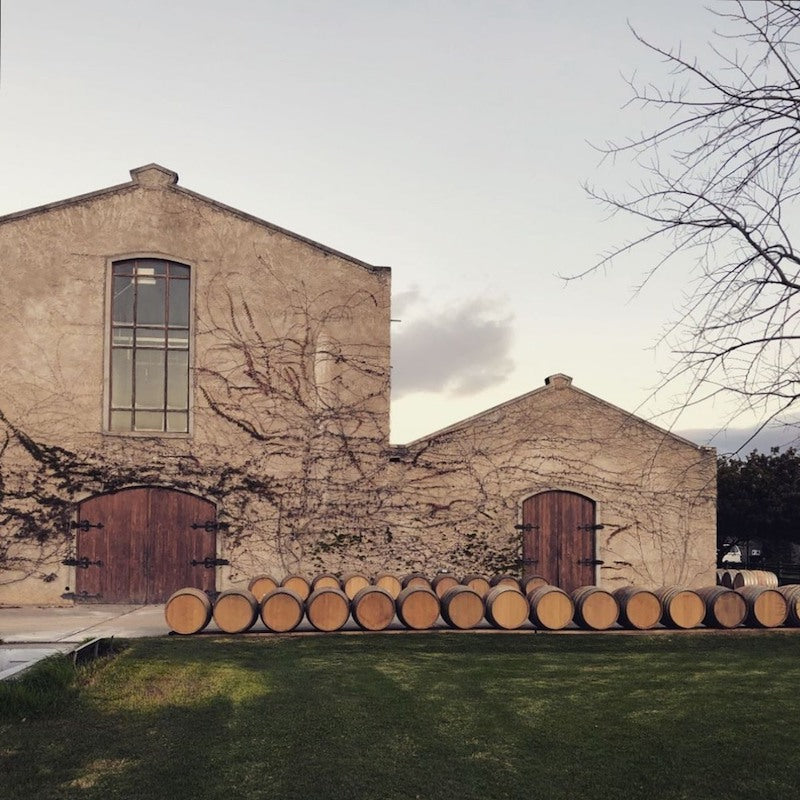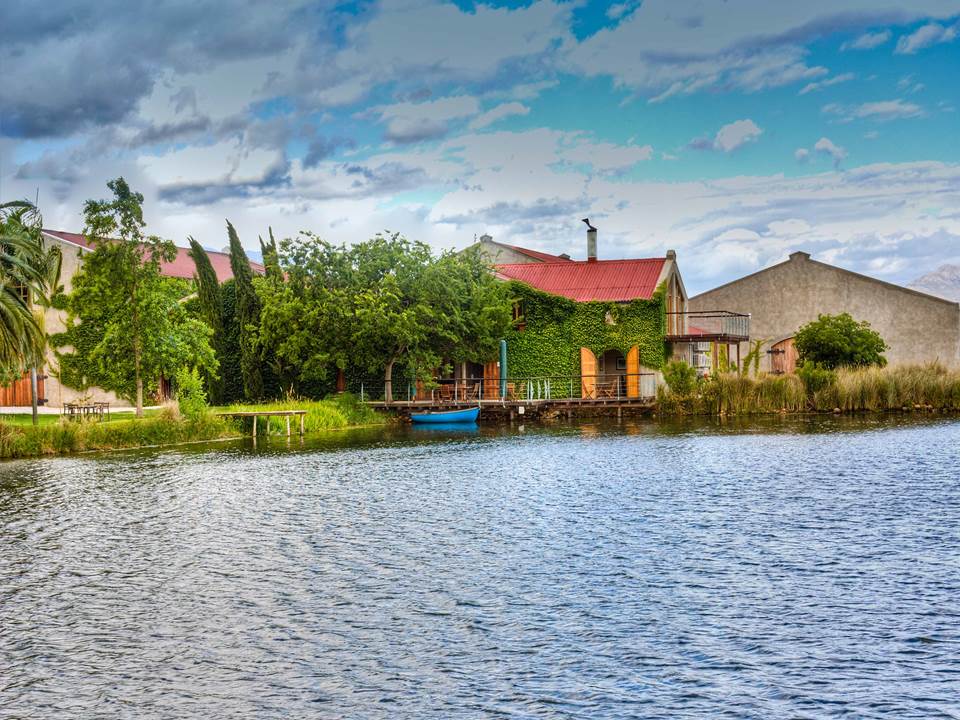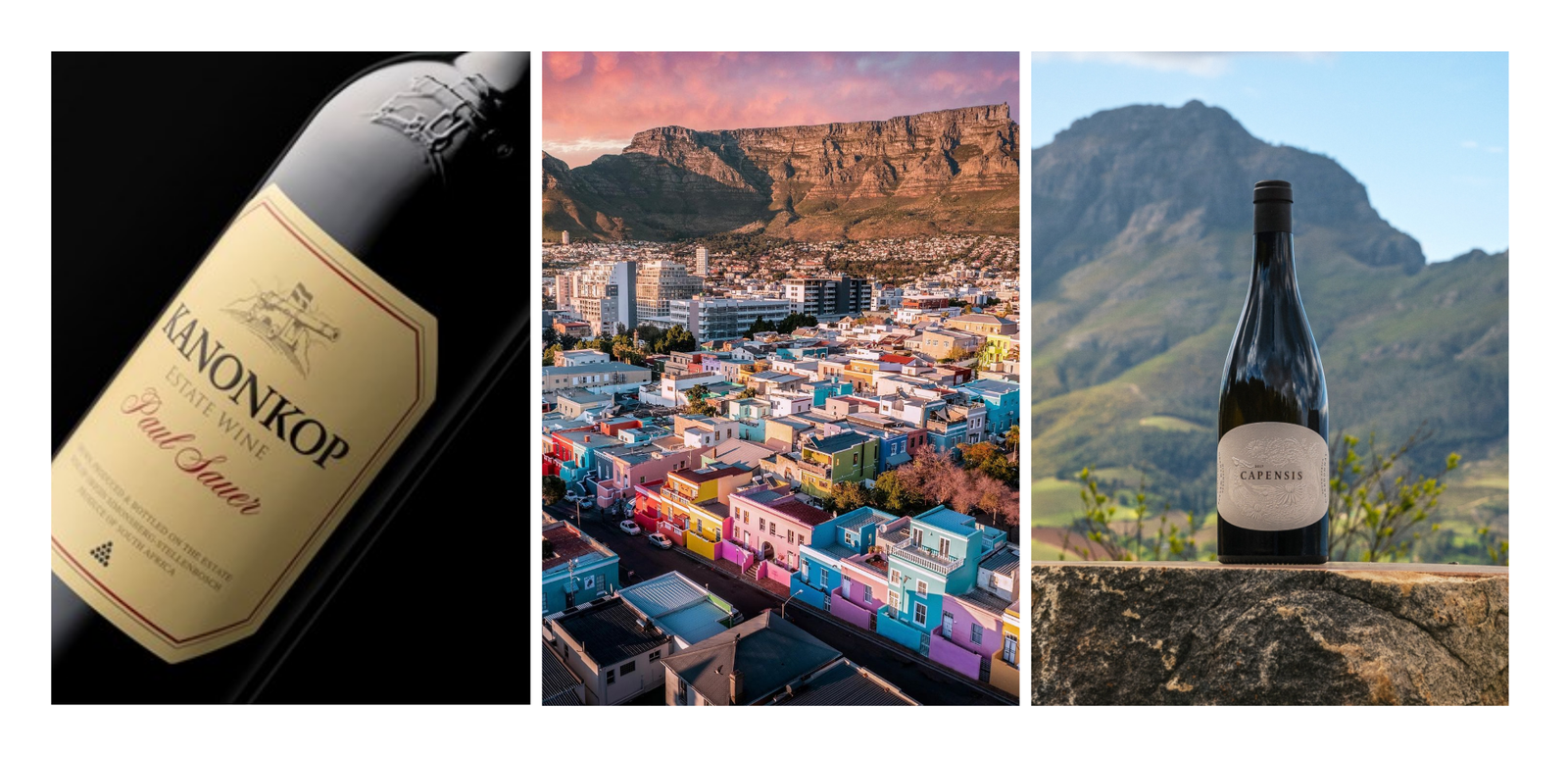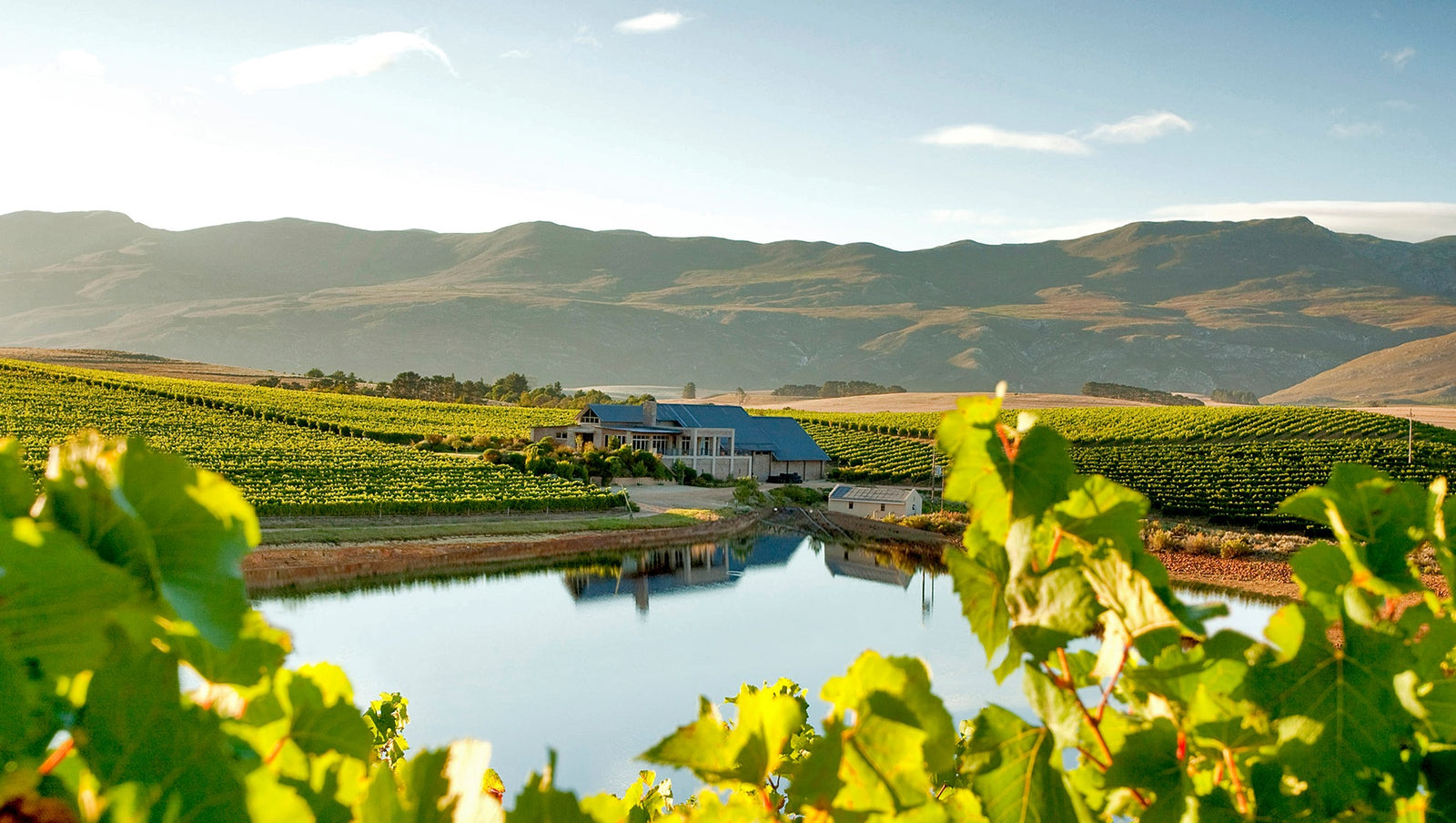Set in the heart of the mountain-ringed Robertson Valley in the Western Cape of South Africa, Springfield Estate is a family-run wine farm owned by ninth-generation descendants of French Huguenots.
The history of Springfield Estate wines can be traced back to as early as 1688 when the France-based Huguenots family landed in South Africa with vines. Today, this winery is a family-run group that is managed by the brother-sister duo of Abrie and Jeanette Bruwer, the 9th generation descendants of the Huguenots. Excellently managed by the winemaking expertise of Abrie and the marketing brilliance of Jeanette.

Image credit – Springfield Estate
The farm has been in the family since 1898 and today, using a combination of sometimes risky winemaking techniques, traditional methods and modern technology, along with a sense of practicality and dogged determination borne from living off the land all their lives, the Bruwer family is able to handcraft wine true to its motto: Made on Honour.
The Springfield philosophy is to produce wine as naturally as possible. The winemaking process is kept direct and uncomplicated – the wine is left to make itself, as was done centuries ago. This allows for an honest expression of the estate’s terroir – a gift from God, inherited by their ancestors.
They believe that a good farmer is an observant one. One can use all sorts of fancy machines to tell how much water is in the soil, but at the end of the day you need to look at the vine, see if it is under stress, and act accordingly.

Image credit – Springfield Estate
At Springfield they would rather intervene in the vineyard than in the cellar. Good wine is grown, not made. Springfield wines are made traditionally and according to ancient methods. Most of the wines are fermented using natural wild yeasts found on the grape skins – high-risk winemaking that leads to lost vintages every few years. Their honour is their conscience, and the hundreds of small decisions made every day with this in mind, results in wine that they are proud to call their own.
It has often been said that vines deliver best where they have to battle for survival.
Hostile, rocky and unforgiving: this is the Springfield terroir. The ground is so impermeable that it takes hard work and strong hands to plant the vines, erect trellising poles and work organic material back into the soil.
They are fortunate to have many different types of soil on the estate – some areas are very rocky, consisting of about 70% quartz rock. Other’s areas are rich in lime, with soil similar to that found in Burgundy and Sancerre. Sandy loam soil can, in turn, be found near the banks of the Breede River. By recognizing these differences in terroir they have been able to make complex, terroir-driven wines from site specific vineyards. In the old days, the vineyards were planted in a north to south direction. Today, whole blocks of vineyards have been re-aligned and vines are planted in an east to west direction to ensure more even ripening, maximize protection against the scorching sun and optimize the effect of a cool south-easterly breeze. In keeping with their philosophy of site-specific planting, each vineyard is planted in a site with the perfect conditions for that specific variety and style they desire, the result being terroir specific, leading wines.

Image credit – Springfield Estate
Springfield’s cellar dates back to 1902, and is geared towards their back-to-basics and minimum manipulation approach to winemaking.
The basic philosophy of minimal intervention is followed throughout the wine making process. No pumps, crushers or presses are used in their red wine cellar; instead, grapes are transported using a gravity flow system and fermented whole, to limit any spoilage or damage to the delicate berry. Most of their wine is fermented using natural wild yeast, unpredictable and volatile process that takes months and is impossible to guide or control.
The wine is then bottled unfiltered and unrefined wherever possible, as they believe that sterile filtering results in the best part of wine ending on the cellar floor. Dedicated barrel and bottle-ageing cellars allow them the luxury of ageing the wine for 2 years in barrels and 4 years in bottles if necessary until it is ready for release.

Credit – Springfield Estate




